You turn on the faucet, fill a glass, and take a sip without a second thought. But should you? That’s the quiet question trickling through the minds of more and more Utah residents lately. With the state’s mix of pristine mountain springs and dry desert infrastructure, it’s natural to wonder: Is tap water safe to drink in Utah?
The short answer? Generally, yes. But the longer story is a little more nuanced. And if you’re living in southern Utah—say, sunny St. George—you might want to take that conversation one step further. Because safety is just one part of the water quality puzzle. Taste, hardness, and long-term impact on your home all play a role, too.
Let’s dive in.
The State of the Tap in Utah
Utah isn’t exactly low on natural beauty. From the Wasatch Mountains to Zion’s canyons, there’s water flowing through every part of the ecosystem. And when it comes to municipal water supplies, most areas do a solid job of treating and testing their tap water. The state complies with federal standards under the Safe Drinking Water Act, and in most cities and towns, the tap is indeed considered safe.
That said, “safe” doesn’t always mean “great.”
Water in Utah—especially in places like St. George—is famously hard. That means it’s packed with minerals like calcium and magnesium. They’re not harmful to drink, but they can do a number on your plumbing, your appliances, and even your skin. And while that mountain spring vibe might sound lovely, the reality of your water could involve sediment, scaling, or a chalky aftertaste that makes you second guess every sip.
So while the answer to is tap water safe to drink in Utah is technically “yes,” many locals find themselves reaching for filters, bottled water, or better yet—home treatment solutions.
Let’s Talk About Hard Water
Here’s where things get interesting. Water hardness in Utah ranks among the highest in the country. And St. George? It’s one of the biggest culprits. The geology of southern Utah plays a major role here—water filters down through mineral-heavy rock layers, picking up deposits along the way.
You might not see it right away, but over time, that hard water:
- Builds up in your showerhead and faucets
- Leaves white residue on dishes
- Shortens the life of water heaters and dishwashers
- Dries out skin and hair
- Makes soap and shampoo less effective
And let’s be honest, no one likes stiff laundry or spotty glassware.
Why Water Softeners Are Practically a Southern Utah Staple
If you’ve ever owned a home—or even rented a place—for more than a few months in St. George, you’ve probably encountered a water softener. They’re not luxury add-ons around here; they’re survival gear.
A water softener St George Utah homeowners rely on typically uses ion exchange to pull calcium and magnesium out of the water and replace them with sodium or potassium. The result? Softer water that’s easier on everything—your plumbing, your appliances, your skin.
Not to mention, soft water just feels better. If you’ve ever stayed at a hotel with a solid softener system, you know that slippery, squeaky-clean sensation that makes your skin feel brand new.
But What About Drinking It?
Here’s the common concern: if softeners add sodium (or potassium), does that make softened water unsafe to drink?
The amount of sodium added is minimal—so small that it’s not even noticeable in most cases. For folks on very strict sodium-restricted diets, potassium-based softeners are a great alternative. Otherwise, for the average person, softened tap water in Utah is completely drinkable.
That said, taste is subjective. Some people still prefer filtered water for drinking, especially if their softener doesn’t treat for things like chlorine or sediment. That’s why many homes have a reverse osmosis filter installed under the sink, just for drinking and cooking. It’s like a double-whammy: soften the whole house, filter the tap. Total peace of mind.
A Few Local Tips for Better Water at Home
- Test your water. Kits are cheap and easy to use, and they’ll tell you exactly what you’re dealing with.
- Check your softener settings. Not all softeners are created equal, and some systems are running too often (or not enough).
- Consider a combo system. Some newer units combine softening and filtration in one package—great for smaller homes or tight utility spaces.
- Think about your outdoor use. Softened water isn’t ideal for plants, so make sure your irrigation system draws from a separate line if you’ve got a garden or lawn.
Wrapping It Up: Trust the Tap, But Upgrade the Flow
So, is Utah’s tap water safe? In most cases, yes. But “safe” doesn’t mean “optimal.” If you’re living in a place like St. George, where water hardness is more intense than summer heatwaves, you owe it to yourself—and your home—to consider softening.
Whether you stick with a standard softener, upgrade to a fancy dual-filtration system, or just want to make your glass of water taste a little less… rocky, the right solution is out there. It doesn’t have to be complicated, but it should be intentional.
After all, you drink it, cook with it, bathe in it, and wash your world with it.
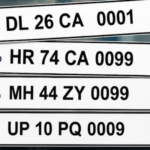


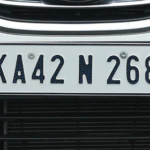



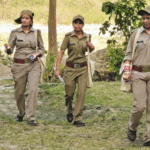


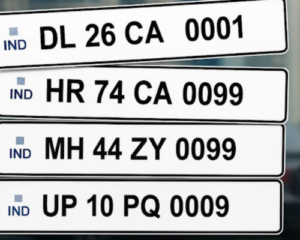


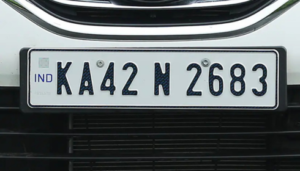

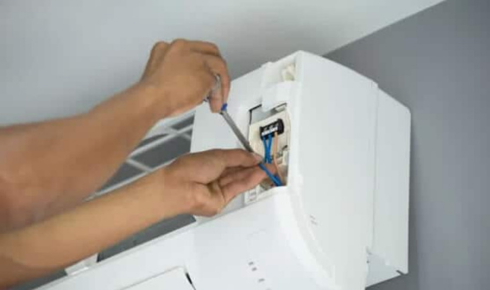
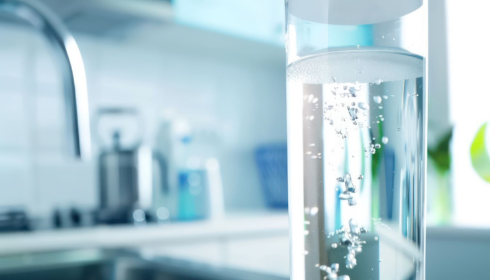
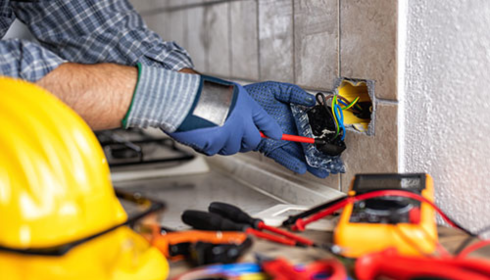
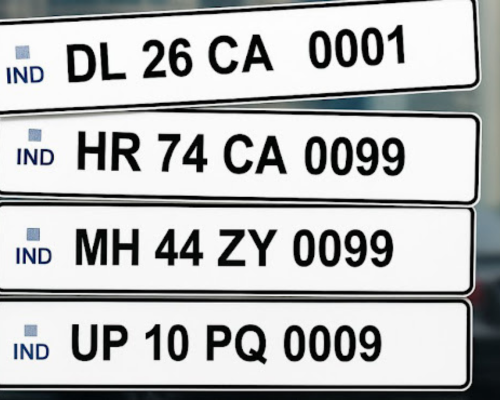



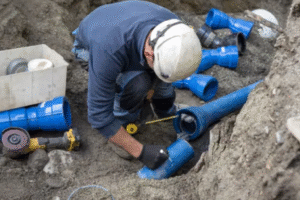
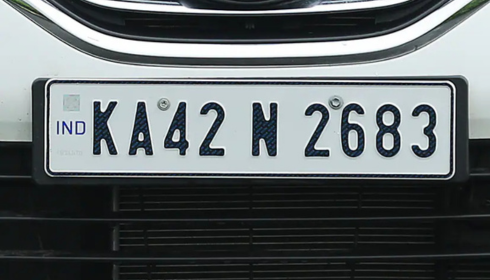



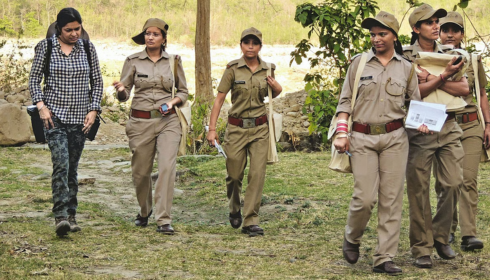
+ There are no comments
Add yours